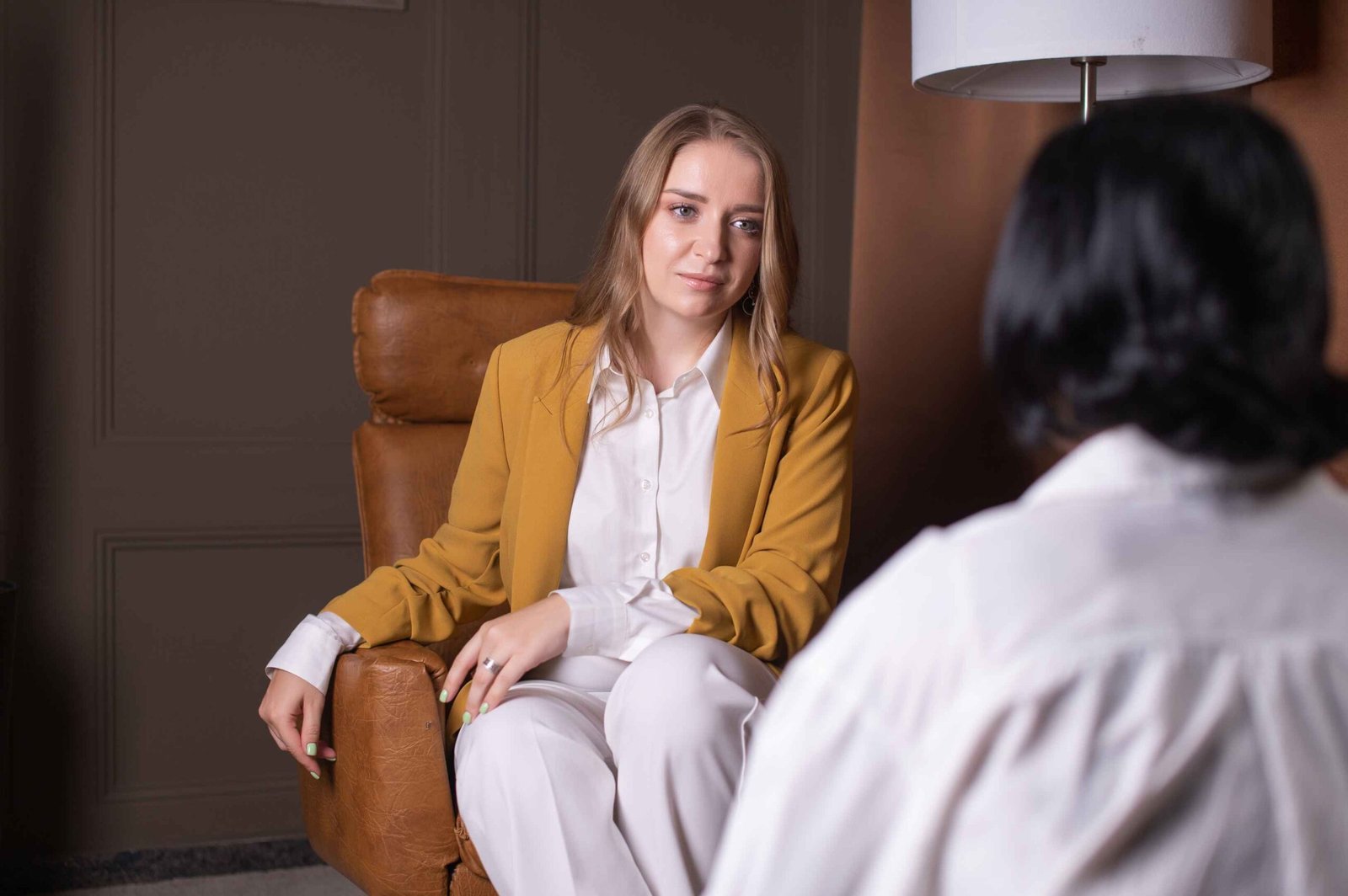Eating disorder treatment is often misunderstood. People imagine it’s all about weight gain, food charts, or forcing meals. True recovery is far more complex and far more human.
At ABBI Clinic, we don’t just treat behaviours. We listen to the story behind them. Because behind every food rule, skipped meal, or binge is someone simply trying to cope. So, what is the best way to overcome an eating disorder? It begins with care. Real, honest, tailored care.
4 Steps to Overcome Eating Disorders
There’s no one-size-fits-all approach. But here’s what we know works best when you want recovery that lasts:
1. Get Help Early, Don’t Wait
The earlier the support, the better the outcome.
You don’t have to be “sick enough” to deserve help.
At ABBI Clinic, we offer support for:
- Anorexia Nervosa
- Bulimia Nervosa
- Binge Eating Disorder
- ARFID (Avoidant/Restrictive Food Intake Disorder)
Explore our clinic approach
2. Treat the Person, Not Just the Disorder
Every eating disorder is unique.
So is every person.
That’s why our approach includes:
- Trauma-informed therapy
- Cognitive behavioural techniques
- Family support
- Nutritional rehabilitation
- ARFID-specific programmes for children and teens
3. Go Deeper Than the Symptoms
Disordered eating is often a response to something deeper trauma, anxiety, low self-worth, or a desire for control.
In recovery, we help you:
- Identify emotional triggers
- Rebuild trust with your body
- Develop a voice beyond the disorder
You’re not the problem. The pain is.
4. Reconnect With Your Body
Recovery isn’t about perfection. It’s about peace.
We help you move from:
- Fear of fullness → Trust in your hunger
- Punishing workouts → Gentle movement
- Shame around food → Joy in eating again
What Helps Most?
- Early intervention
- Personalised treatment
- Trauma-informed therapy
- Rebuilding self-worth
- Support from loved ones
- A clinic that sees the real you
FAQs
1. Can eating disorders be fully overcome?
Yes. With the right support, people can and do recover physically, emotionally, and socially.
2. What is the most effective treatment?
A personalised, holistic plan involving therapy, nutrition support, and medical care.
3. Is medication used in treatment?
Sometimes. In certain cases, antidepressants or anxiety meds are used alongside therapy.
4. What if I’m afraid to recover?
That’s common. We work gently, at your pace, so you never feel forced—just supported.
The ABBI Clinic Difference
We’re not just a clinic. We’re a team of real people who care. Our treatment combines compassion with clinical excellence.
We don’t just want you to eat, we want you to live.
- Meet the team
- Contact us to book an appointment
Final Thoughts
Too many people wait until they’re in crisis. But the best time to seek help? Now. Not when your body is shutting down, but when your heart says something’s not right.
You don’t have to do this alone. We’re here without judgement, without shame.
You are not your disorder. You are not a number on a scale or a secret habit or a voice telling you you’re not good enough. You are someone worthy of joy, peace, and freedom. And you deserve to recover.



